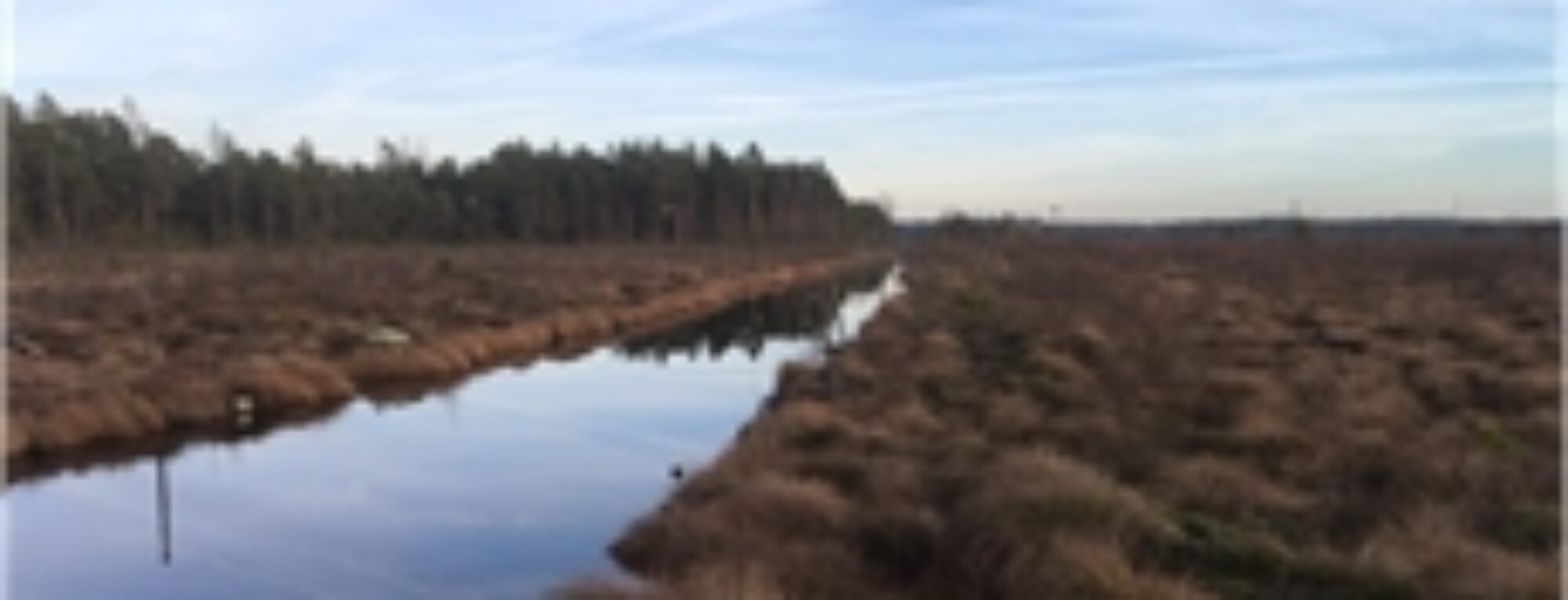Peatland rewetting is viewed as an effective nature-based way to regain ecosystem services
such as water storage, dampening of flow extremes, and improved downstream water quality.
However, the success of rewetting efforts is difficult to evaluate due to the variety of wetland
types and time lags in hydrological and water quality responses, preventing the development of
rewetting strategies that optimize water-related benefits. We address these problems with an
interdisciplinary approach that links, across a chronosequence of rewetting projects, plant
community ecology, hydrology, biogeochemistry and remote sensing to deliver science-based
tools for water security-optimized strategies for rewetting projects.

PredPeat
Predicting the effects of peatland rewetting on water retention and water quality